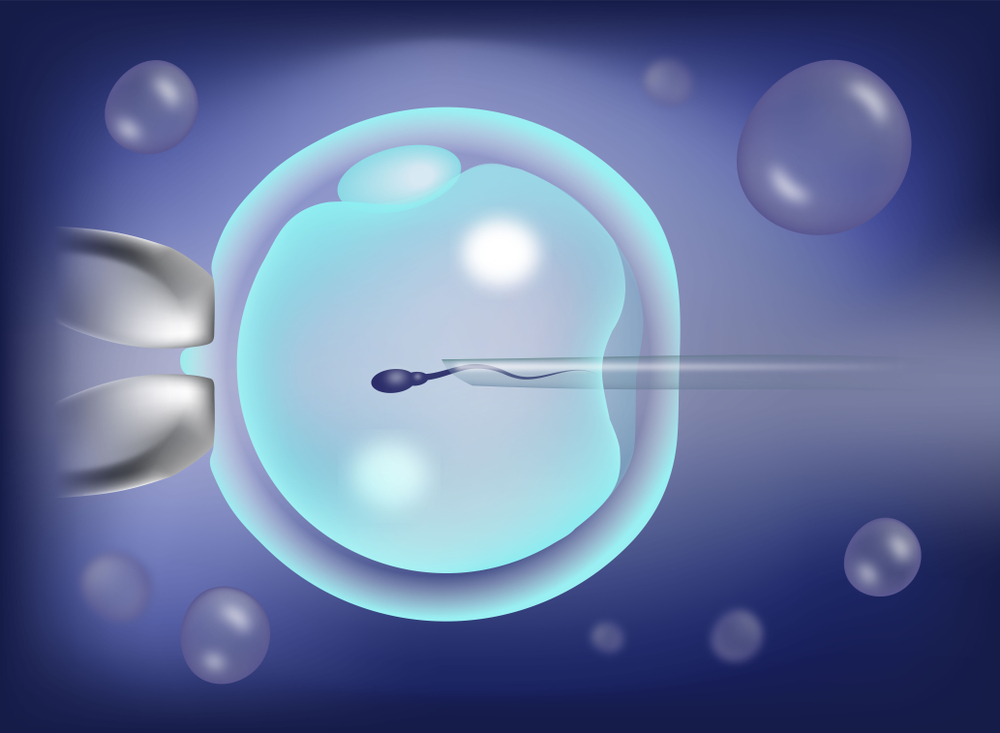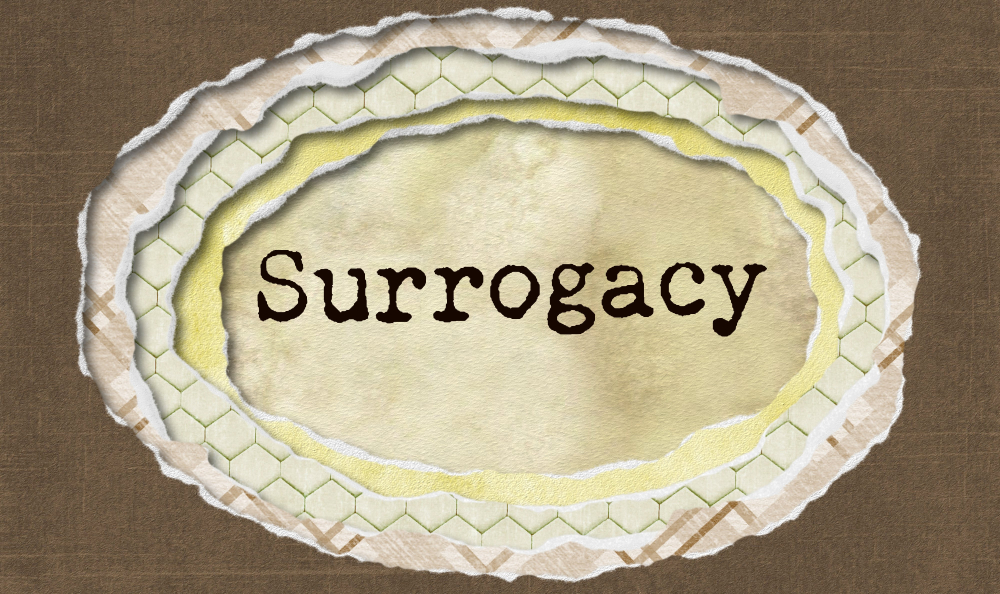
How Stress Affects Ovulation

1) Stress plays a significant role in the daily life of a healthy person.
2) There is a direct biological relationship between stress and the reproductive system, where stress activates a part of the body called the HPA Axis- the Hypothalamic-Pituitary-Adrenal axis, which is the central stress response system.
3) When a person is under chronic stress, the HPA axis is activated, which leads to increased levels of cortisol and corticotropin-releasing hormone.
4) Increased cortisol and corticotropin releasing hormone can suppress the normal levels of the reproductive hormones, which can potentially lead to abnormal ovulation, anovulation, and amenorrhea.
5) This blog will explore exactly which hormones the HPA axis acts upon to interfere with ovulation.
6) When there is a presence of adequate estrogen levels and there is stress-induced activation of the HPA axis, a significantly higher amount of LH is released.
7) Studies have found that the increase in LH was most probably associated with the increase in adrenal progesterone, which should feedback negatively on the gonadotropins in the pituitary to reduce LH that accompanies the release of cortisol in response to stress.
8) It has also been reported that progesterone can stimulate LH secretion by acting directly on the pituitary. Because of the stimulation of the LH secretion, this may provoke a premature LH surge and thereby interfere with proper follicular maturation and ovulation.
9) Furthermore, elevated LH concentrations at different stages of the menstrual cycle may have conflicting effects on the maturing follicle and on the developing oocyte and may result in early pregnancy loss, due to the egg not implanting properly
10) There are many studies and research articles that support a rise in the LH after stress.
11) It was also found that one of the major causes of decreased fertility is the occurrence of premature LH surges.
12) Puder in his study has suggested that one of the major causes of decreased fertility of unstimulated cycles is the occurrence of premature LH surges.
13) These premature LH surges are usually a response to stress.
14) When there is a premature LH surge, the follicle may not be ready, and ovulation will not occur.
15) stress is believed to affect reproductive function through a reduction in gonadotropins, which leads to a reduction in gonadal steroids which may result in poor embryo competence, no implantation resulting in unsuccessful pregnancy.
16) The increase in CRH negatively affects the GnRH pulsatility and the cortisol surge causes a reduction of sensitivity to GnRH, leading to a reduction in the release of Gonadotropins. Because of the reduction in gonadotropin levels, it altered the maturation of the follicle, which delays or prevents ovulation.
17) To conclude Stress can elicit biological and emotional responses which may affect the female’s hormones, leading to changes in the menstrual cycle, and ovulation.
Reference:
1. Minkowicz, C. (2018). By What Mechanism Does Stress Affect Ovulation? The Science Journal of the Lander College of Arts and Sciences, 11(2).
2. Gonadotropin Secretion in Estrogen-Treated Women 1. The Journal of Clinical Endocrinology & Metabolism | Oxford Academic.” OUP Academic, Oxford University Press, 1 June 2000.







